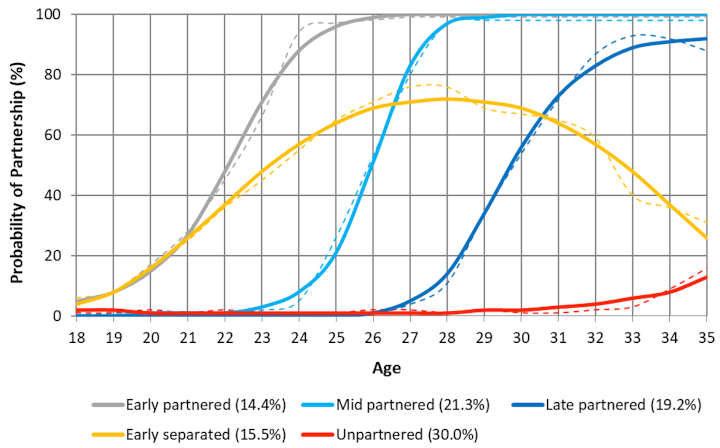Autistic people are up to four times more likely to experience loneliness than non-autistic people. Despite enduring stereotypes that autistic people lack the desire for meaningful social connections, new research from my colleagues and I unveils the profound distress they experience due to loneliness. It also shows the unexpected role that differences in the ways…
Author: The Conversation
What Causes Hoarding Disorder?
Hoarding disorder is an under-recognised serious mental illness that worsens with age. It affects 2.5% of the working-age population and 7% of older adults. That’s about 715,000 Australians. People who hoard and their families often feel ashamed and don’t get the support they need. Clutter can make it hard to do things most of us…
Insomnia is Linked with Mental Disorders But Exactly How is Still Unknown
The 2004 movie The Machinist gives us a striking depiction, albeit a fictional one, of the psychological effects of chronic insomnia. When people don’t have enough sleep, their memory and concentration are impaired in the short term. They are also less able to regulate their emotions. If sleeping difficulties continue, longer-term psychological effects can include…
Why Our Obsession With Happy Endings Can Lead To Bad Decisions
“All’s well that ends well”, wrote William Shakespeare over 400 years ago. The words may still seem to ring true today, but turns out they don’t. We have just busted the old myth in a recent brain imaging experiment, published in the Journal of Neuroscience. Experiences that end well are not necessarily good overall and…
How Your Behaviour in Childhood Predicts Whether You’ll Be in a Relationship as an Adult
The question of how to find a steady romantic partnership is among the oldest human predicaments. There is consequently considerable interest in what factors might predict partnership success. Traits like warmth, conscientiousness, agreeableness and trust all seem to matter. But can behaviour in childhood predict your future partnering prospects? In a new study published with…
Kids Who Learn Clause-chain Languages Are Quicker To Develop Complex Sentences
Languages like Japanese, Korean, Turkish and the indigenous languages of the Amazon, East Africa, and New Guinea build sentences in a way that lets them grow to enormous length. Our research shows learning one of these languages may help children create complex sentences that express multiple ideas at a younger age. Two Ways to Tell…
Heatwaves Don’t Just Give You Sunburn – They Can Harm Your Mental Health Too
Heatwaves undoubtedly bring a certain joy at the opportunity to be out in the sunshine. But as the planet heats and weather records tumble, increasingly normal bouts of baking heat aren’t all sun and games. Aside from the grief and guilt we may feel about the human causes behind increasingly frequent spells of hot weather,…
Let’s Scrap The Neuromyths: No, You Aren’t A ‘Visual’ Or ‘Auditory’ Person
Who hasn’t heard the statement that we only use 10 per cent of our brain? That listening to Mozart’s music makes you smarter or that most learning happens in the first three years of life? Or that a person who is “right-brained” is more creative? Another widespread idea is that we are either visual, auditory…
Is Psychiatry Shrinking What Is Considered Normal?
Psychiatric classifications catalogue the many forms of mental ill-health. They define what counts as a disorder and who counts as disordered, drawing the boundary between psychological normality and abnormality. In the past century that boundary has shifted radically. Successive classifications have added new disorders and revised old ones. Diagnoses have increased rapidly as new forms…







